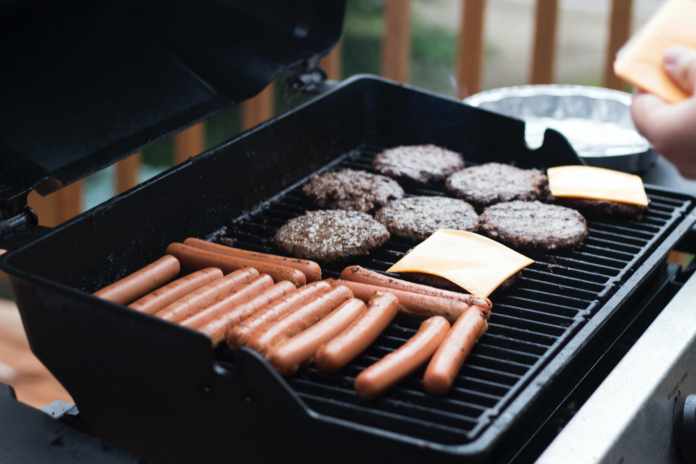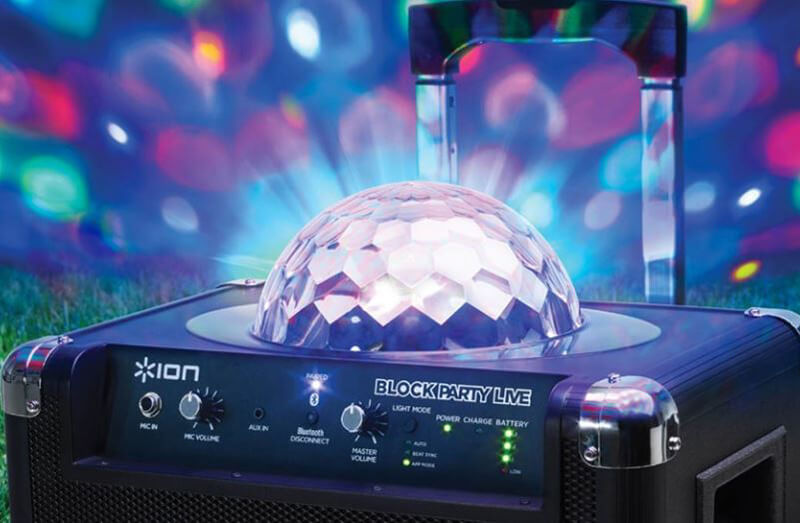If you’re planning a cookout soon and need to clean your grill, you need to know some things regarding doing so with a wire brush.
This fact isn’t new. A 2012 CDC report warned about the dangers of cleaning grills with a wire brush after at least six cases involving these issues were observed in a short period –only 18 months.
There is more to this news. Another report from 2016 revealed that at least 1700 visit hospitals every year after swallowing a wire brush’s bristles. Most of these cases happened in July, in summer, of course. Although these numbers are not alarming, it is a problem that needs to be solved before it becomes more prominent.
The CDC says that detecting these bristles on X-Rays and other scans are complicated because they’re tiny and thin.
The best weapon against the problem is taking preventive measures to ensure our cookouts are entirely safe, and no one from our family or friends gets harmed.
If you are interested in purchasing a new grill, find a Phoenix grill review here.
How can you avoid the bristles problem?
Don’t worry. The solution is easy. You can avoid an emergency call after having dinner if you learn how to clean your grill more efficiently.
It’s not always bad for starters to clean your grill with a wire grill brush, but you shouldn’t keep that old brush all the time. The best thing to do is use it for one season and then dispose of it. An old brush is more likely to leave bristles around due to repeated use. Still, after using your brush, please inspect your grill to ensure nothing is left on the surface.
Other options include opting for another brush type, one that does not use wire bristles. Some of the best options are brushes with nylon bristles and other tools, such as this one made of stone –that works almost like scrubbing it through the skin. Other options include brushes with mesh scrubber pads and so on.
You can use too many alternatives instead of your old wire brush, including some DIY solutions.
For instance, you could use aluminum foil. Crumple up a piece of it into a ball, and scrub your grill with it. You can find a fantastic tutorial for this technique on this website.
Another option includes cutting an onion, then using a tong or a fork to rub it around the grill grates while they’re hot. This website has a well-explained tutorial about this technique.
How to clean your grill
If what we explained above does not convince you, here we have some other techniques you can apply to clean your grill. For what we’ll explain next, you’ll need some tools.
Grill Brush – Although most websites recommend using wire grill brushes, using an old one can be counterproductive. We want to avoid medical emergencies caused by bristles, so it would be best if you used one of the alternatives explained above, such as nylon brushes or curly steel scouring pads. Even the balled-up aluminum foil can work correctly as a brush.
Scour sponge – You’ll need this sponge to get rid of all the stuck-on grease. The sponges are perfect for removing grease while maintaining your grill’s appearance just right.
Scrapper tool – There are multiple options on the market, but we recommend the Hyde Chisel Scrape. You’ll need one to get rid of the gunk inside your grill. If a scraper tool is unavailable for you, use a painter’s multitool instead.
Dish soap or mild degreaser – For this item, we’ll leave it to your taste. We recommend using one effective against greasy messes.
Dish gloves – You don’t want to get your hands hurt with all these tools around. You’ll be dealing with hot water, dish soap, and some sharp metal parts! It would be best if you protect your hands while cleaning your grill.
As you can see, there are many ways to clean your grill that do not include using that old wire brush. If you’ve been using one for these purposes, it would be best if you disposed it and started using one of the alternatives we mention throughout the article. It’s better to prevent a problem while you can, instead of dealing with emergencies later.







